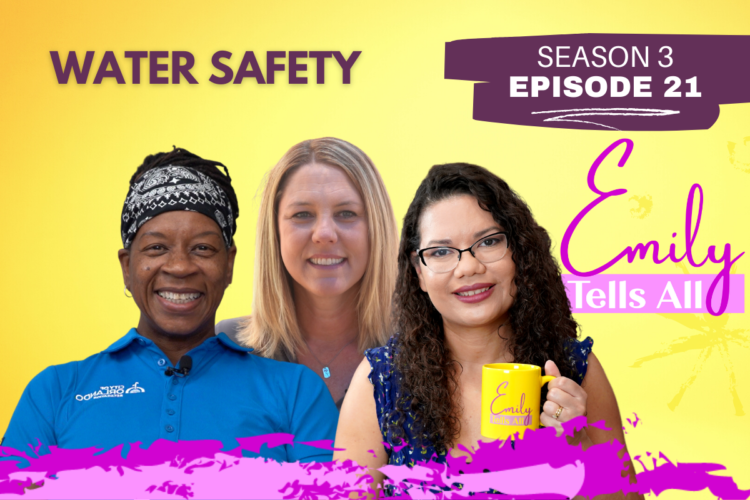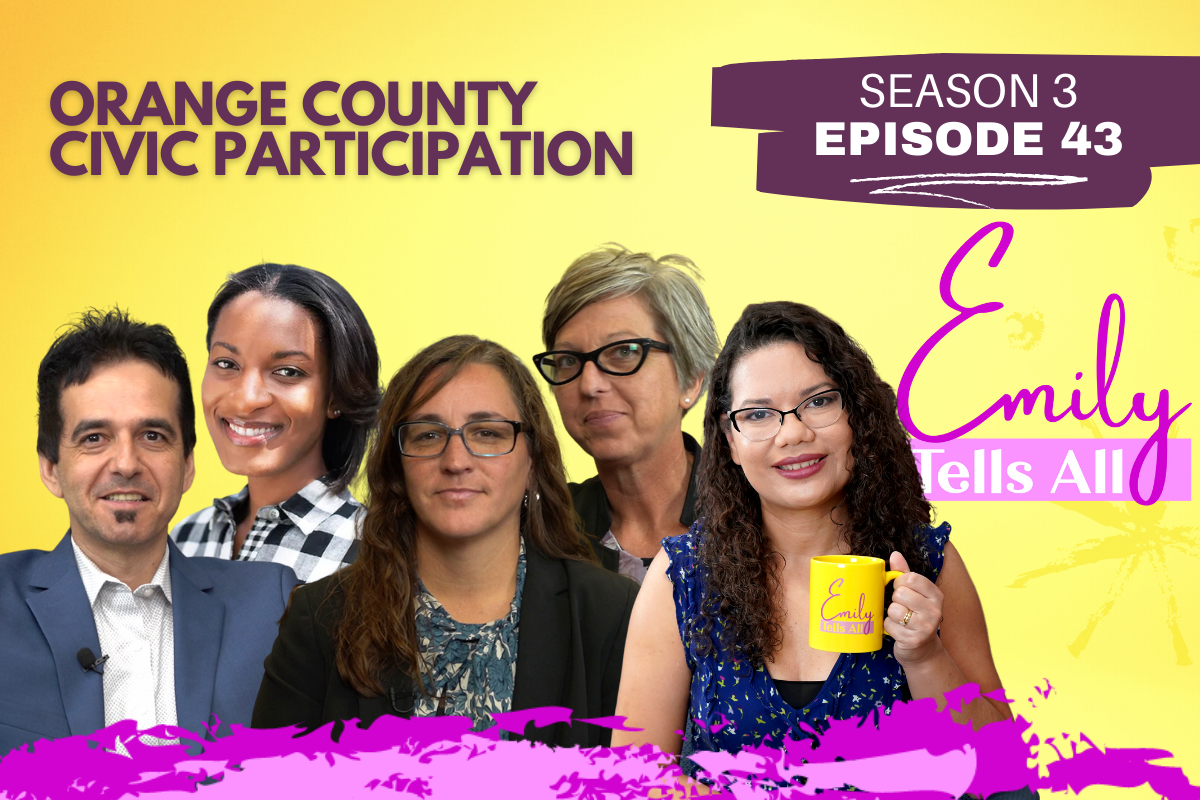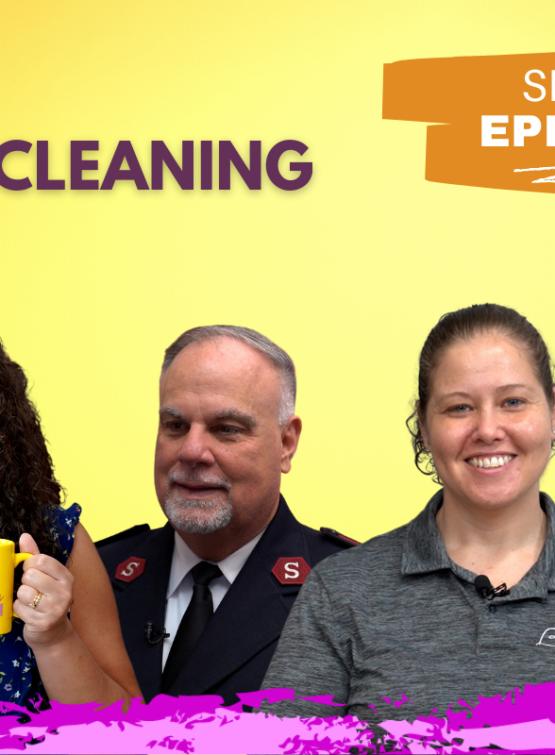AIR DATE MAY 25, 2023
Title: Water Safety
Whether you’re at the beach, lake, or pool, learn the basics of keeping yourself and your loved ones safe during any water activity.
Guests
City of Orlando, Pool Supervisor – Denise Moore
YMCA of Central Florida, Aquatics Director – Kelli Garcia
Summer Is Pool Season in Central Florida
Over 3,500 people die from drowning in the United States each year. About 1,000 of those incidents involve children.
More kids between the ages of 1 and 4 die from drowning than any other cause. That’s why teaching water awareness and safety tips at a young age is vitally important.
Kelli Garcia is the Association Director of Aquatics at the Central Florida YMCA. “We encourage all parents to identify someone as a water watcher,” she told me. “That’s where when you have a large group of kids swimming in a pool, we want to make sure at least one parent is watching. We don’t want children to be swimming unsupervised.”
I also spoke with Denise Moore, an Orlando junior lifeguard program instructor. She covers the major components of water safety in each class. “[The lifeguards] are going to learn how to do saves,” she said.
“They’ll learn how to put a victim on the backboard [and] actually learn how to properly do entries into the water because that’s major because if you don’t enter the water correctly, depending on the type of save, you could possibly add injury to yourself or increase the circumstances of someone’s injury.”
How to Start Teaching Water Safety at Home
Garcia says the best thing to teach kids is to have them learn how to ask permission. “The last thing you want is for your kids at the beach, or at a backyard pool, to show up, and they just take off running,” she said. “We want them to learn, and remember, how to ask permission every time they want to get in the water.”
Moore told me that teaching safety practices involves having respect for the water. “For some reason, very often I’ve seen kids go, ‘Oh, I can swim. I can swim!’” she said. “They jump in the water and they’re doing this or that and that is not swimming.”
Safety involves installing proper fences or barriers, family rules at the beach or pool, and understanding where the lifeguards are stationed. “When going to the beach, we want to make sure that you are looking at all of the lifeguard flag signals to make sure that you are swimming when the flags are at a green,” Garcia added.
Repetitive Practice with Water Safety Equipment Can Save Lives
Moore says early exposure to swim lessons can help kids acclimate to the water. “I absolutely feel swim lessons, especially in Florida, are paramount starting as young as possible because when you consider women have all the fluid in their belly, the baby is already used to being in that environment, so the younger, the better and to get them acclimated to the water so that they’re not afraid.”
Swimming lessons at the YMCA begin at six months, and classes go up to adults. “We have programs for everyone in between,” Garcia told me. “We offer parent-child classes from 6 months to 3 years old, preschool classes from 3 to 6 years old, and then our school age is 6 to 12. We also offer adult and teen lessons. From there, we have swim team, both rec and competitive.”
Orlando’s Learn to Swim program offers the same age range for swimming lessons. More information about these opportunities is available on the city’s website under Community Programs and Events, then Sports, Aquatics, and Fitness.
You can find more information about water safety opportunities and many other classes or activities through the Central Florida YMCA at https://ymcacf.org.



